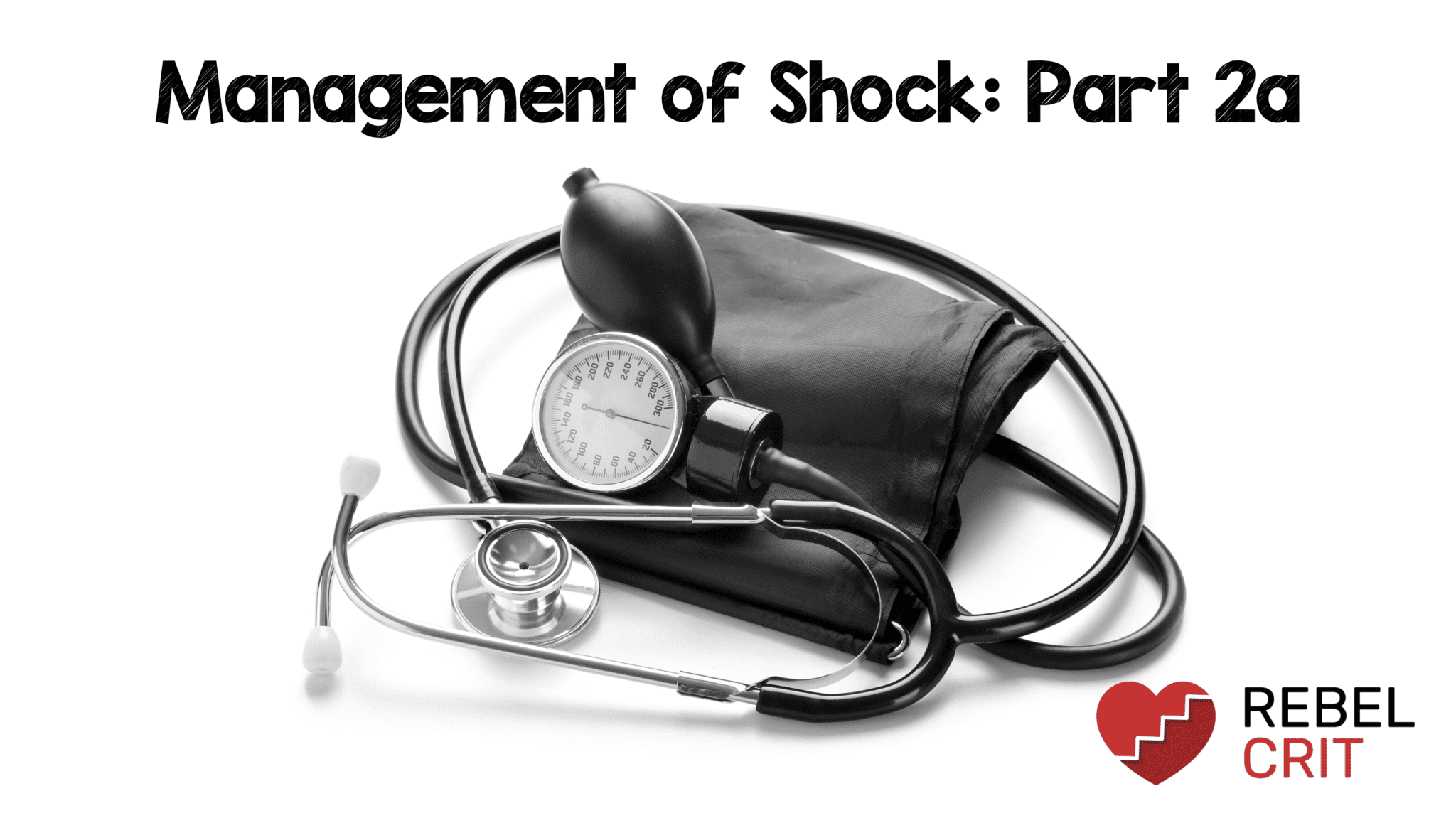- Joined
- Dec 26, 2006
- Messages
- 7,097
- Reaction score
- 17,529
Regardless, dialysis nurses pretty uniformly won't set up or fulfill HD (and/or CRRT depending on your institution) orders unless the orders came from nephro.sounds like a nice work environment. All the nephros I've worked with would have thrown a fit if some other specialty dared to order HD


